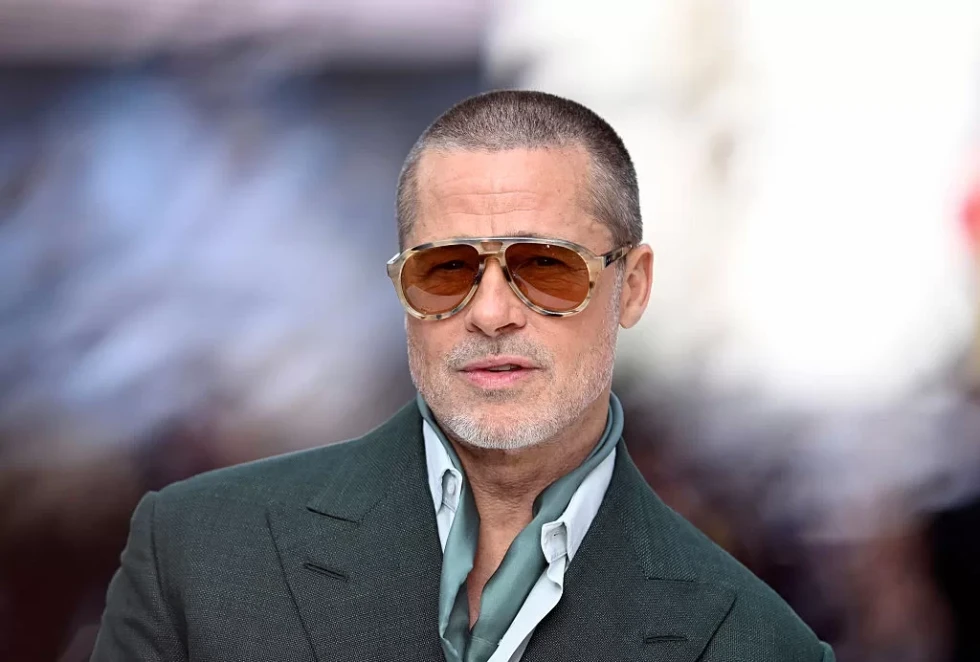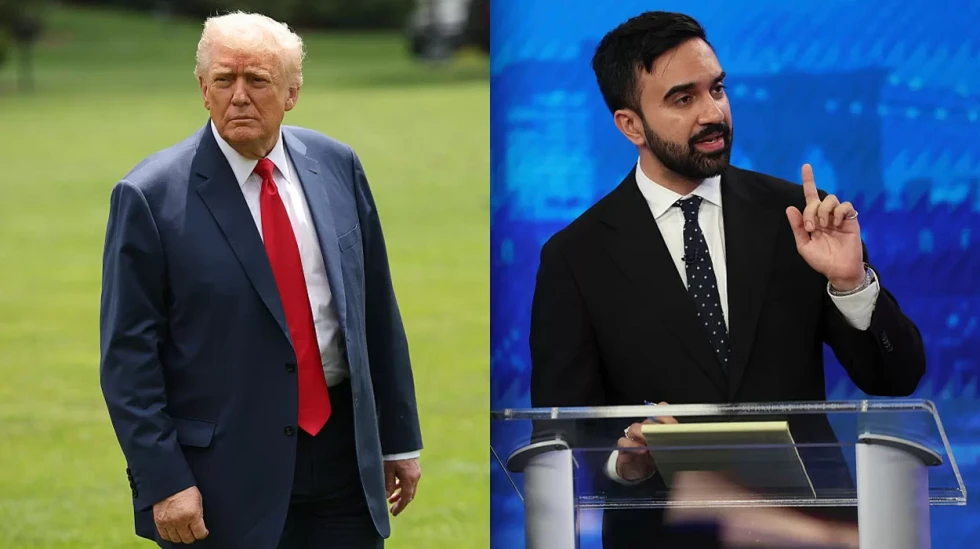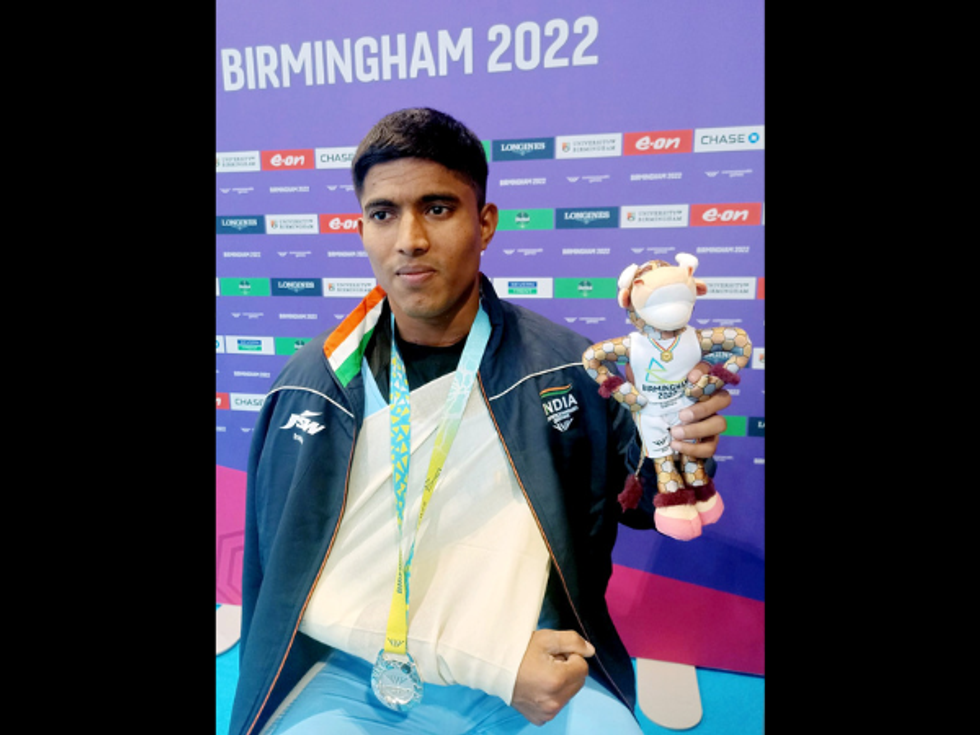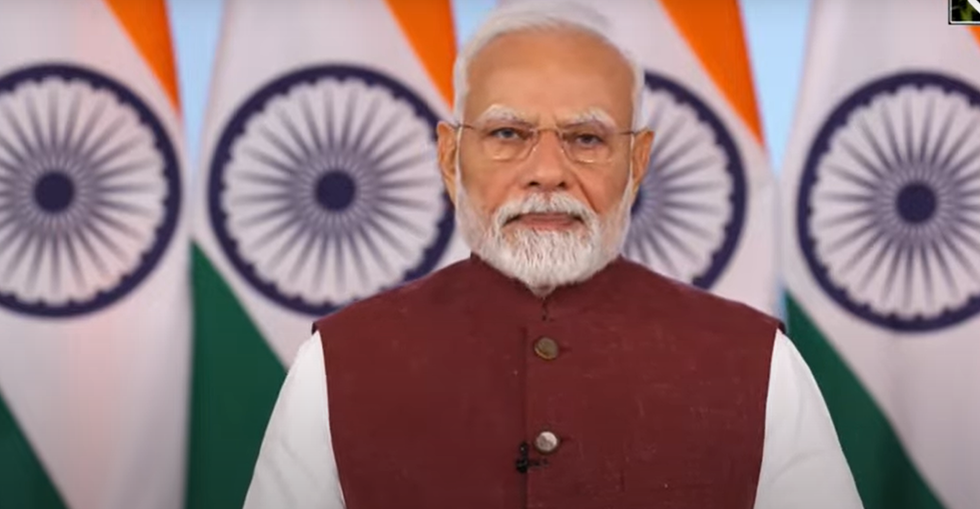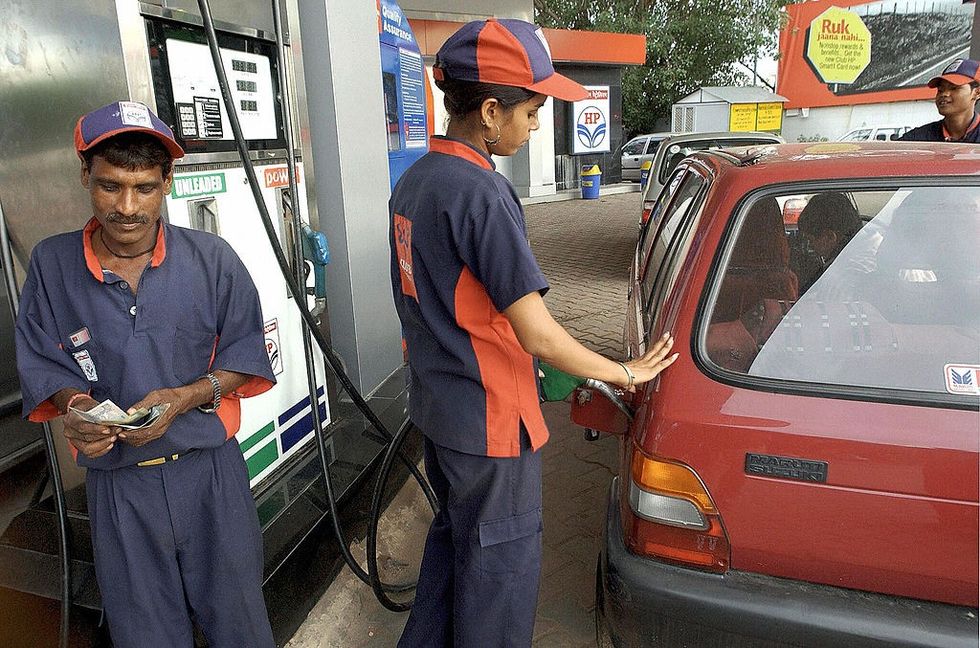DR KAO Kim Hourn, secretary-general of the Association of South East Asian Nations (ASEAN), has said that the bloc of 10 Southeast Asian countries wants India to join the landmark Regional Comprehensive Economic Partnership (RCEP) for greater market access as he asserted that all partners stand to gain from the inclusive, open and rule-based trade pact.
He also said that India and ASEAN have been working together across different sectors -- from space to investment, to tourism, to the defence sector and counter-terrorism, among others -- and advocated expanding such cooperation in new sectors.
Talking to a select group of Indian journalists in Jakarta on Monday (20) evening, Dr Kao said joining the RCEP would benefit the South Asian country, one of the fastest growing economies of the world, as the agreement would provide greater market access.
Jakarta, Indonesia, is the headquarters of the ASEAN.
He added that all partners will gain from the inclusive, open and rule-based trade pact.
The RCEP is a free trade area (FTA) consisting of 10 ASEAN members (Brunei, Cambodia, Indonesia, Malaysia, Myanmar, Singapore, Thailand, the Philippines, Laos and Vietnam) and five of the bloc's dialogue partners -- China, Japan, South Korea, Australia and New Zealand.
The landmark agreement was signed in November 2020.
Together, these RCEP participating countries account for about 30 per cent of the global GDP and 30 per cent of the world population.
India had pulled out of the RCEP as, according to officials, joining it would have resulted in fairly negative consequences for the country's economy.
"Looking ahead, of course, we hope to continue to expand the existing areas of cooperation and also to deepen our cooperation," Dr Kao said, suggesting collaboration in the biotech sector, public health facility, renewable energy sector, people-to-people exchange, connectivity and in many other areas.
“We stand to benefit from the partnership between ASEAN and India. At the moment, we have many mechanisms for cooperation between the two sides,” he added.
Recalling Indian prime minister Narendra Modi's visit to Jakarta in September to attend the ASEAN summit, he said the grouping “highly value” its "partnership” with India.
"We were delighted to welcome prime minister Modi to Jakarta, where he participated in the ASEAN India Summit. And we highly value our partnership with India," he said.
During the summit that took place just ahead of the G20 leaders' gathering in New Delhi, Modi presented a 12-point proposal to expand cooperation between India and ASEAN in a range of areas such as connectivity, trade and digital transformation even as he called for building a rules-based post-Covid world order.
The prime minister had reaffirmed that ASEAN is the central pillar of India's Act East Policy and it fully supports ASEAN centrality and its outlook on the Indo-Pacific.
Dr Kao also talked about the contributions of ASEAN-India dialogue relations to ASEAN's community-building efforts and underscored the important role of media in encouraging greater cooperation between ASEAN and India, especially in the areas of cultural exchanges, connectivity and people-to-people ties, among others.
(With PTI inputs)


